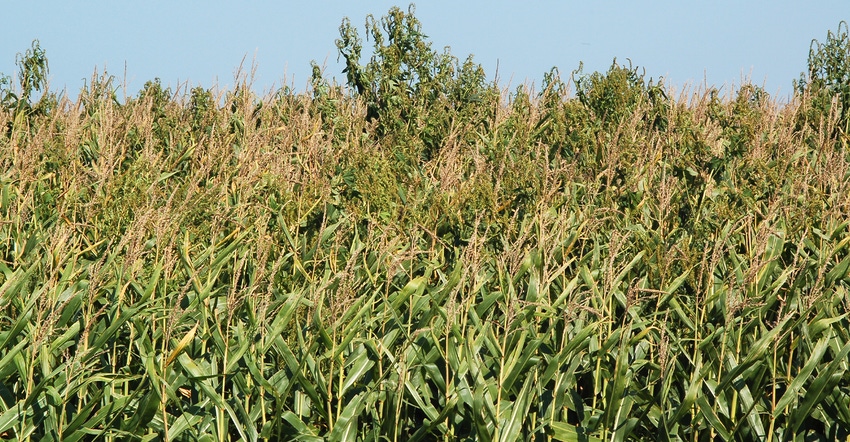July 3, 2019

According to a recent study by the Weed Science Society of America, growers in Minnesota would have lost more than half their corn, soybean and sugarbeet yields if they left weeds uncontrolled.
WSSA conducted a study that quantified the impact of weed control on corn, soybean, dry bean and sugarbeet crops grown in selected states in the U.S. and parts of Canada.
The society’s Weed Loss Committee compared the performance of crops grown in weedy, untreated control plots to years of production data provided by researchers and Extension specialists.
Corn and soybean data was collected from 2007-2013; sugarbeet data, 2002-2017.
Committee members discovered that between 50% to 70% of each crop would be lost if weeds were left uncontrolled, resulting in a combined cost to growers of about $2 billion annually.
They also determined that every dollar invested in weed management produced solid returns — from roughly $5 for every dollar invested by corn growers and up to $23 for every dollar invested by sugarbeet growers.
The most troublesome weeds in those crops include common lambsquarters and kochia, as well as species in the pigweed (Amaranthus) and nightshade (Solanum) genera.
Anita Dille, Kansas State University professor of weed ecology and chairwoman of the WSSA Weed Loss Committee, noted that weed management is an important investment.
“We need to take every step to ensure it stays that way — from conducting additional research to promoting effective stewardship of herbicides and other tools in our weed management arsenal,” she says.
Specific to Minnesota, farmers raising corn without weed control would have harvested half the average amount — about 10 tons per hectare — and had a loss of $3.2 billion from 2007-2013. Weed interference in soybeans would have reduced yields by 65%, reducing the average to 2.8 tons per acre, with a loss in value close to $2 billion. Sugarbeet yield loss also would have been around 65% due to weeds between 2002-2017, dropping the average yield to 56 tons per hectare for a 65% crop loss totaling $369 million.
Additional data from the WSSA crop-loss study is available online.
The WSSA site also features the Weed Loss Committee’s previous work to quantify the impact of uncontrolled weeds on corn, soybean, sorghum and wheat production.
Source: Weed Science Society of America, which is solely responsible for the information provided and is wholly owned by the source. Informa Business Media and all its subsidiaries are not responsible for any of the content contained in this information asset.
You May Also Like




